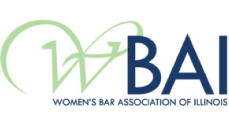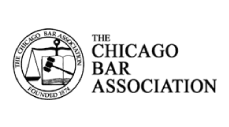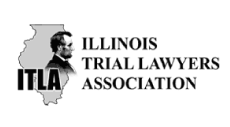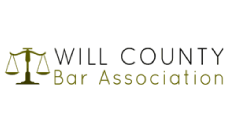Chicago Grand Jury Investigation Attorney
Dedicated Criminal Defense Lawyers Protecting Clients' Rights During Grand Jury Proceedings
Receiving a subpoena to testify before a grand jury can be a frightening prospect. You will likely be unfamiliar with the grand jury process and unaware of what to expect, what your rights are, and what ramifications your testimony will have. In these cases, you need an experienced defense attorney who can protect your rights and advise you of what actions to take.
Understanding the Grand Jury Process
In state and federal criminal cases, grand juries review evidence and decide whether to issue an indictment and bring the case to trial. During grand jury proceedings, both the prosecutor and the jurors can question witnesses, and while witnesses and evidence are typically brought before the grand jury by the prosecutor, the grand jury itself can also issue subpoenas to summon additional witnesses or obtain documents.
Unlike most trials, grand jury proceedings are conducted in secret, and testimony given or arguments presented before a grand jury cannot be disclosed except by the prosecutor as they conduct their duties, or if the law otherwise authorizes a disclosure. During the proceedings, the only people allowed to be present are the members of the grand jury, the prosecutor, the witness, and the court stenographer. Depending on the jurisdiction, a witness may be allowed to have their attorney present.
Your Rights in Grand Jury Investigations
When you are subpoenaed to provide testimony before a grand jury, you should immediately secure the services of a knowledgeable, experienced attorney who can advise you of your options during the grand jury process and help you understand the best way to defend yourself. You have certain rights when testifying before a grand jury, including:
- The right to consult with your attorney - Whether you are allowed to have your attorney in the room with you during grand jury proceedings or not, you can consult with them before answering any questions. If necessary, you can leave the jury room and discuss the questions being asked and the answers you should give before giving your response.
- The right against self-incrimination - The Fifth Amendment provides you with the privilege to refuse to give any testimony that would incriminate yourself. This right is very broad, and it applies to both the guilty and the innocent. If you believe that answering a question truthfully would provide information that could lead to your conviction, you can invoke your Fifth Amendment privileges and refuse to answer.
The Importance of An Experienced Criminal Defense Attorney
The laws and procedures surrounding state or federal grand jury investigations can be complex and difficult to understand. If you are being investigated by a grand jury or have been subpoenaed to appear as a witness or provide documents, you need a knowledgeable criminal defense lawyer on your side to help you understand your rights and advise you of your best strategies throughout the grand jury process.
Attorney Stephen M. Komie has over 40 years of experience defending clients in criminal trials, including grand jury investigations. The skilled defense lawyers at Komie and Associates will put this experience to work for you during grand jury proceedings, advising you about your testimony and your Fifth Amendment privileges, helping you gather any necessary documents, and working to minimize the charges that prosecutors may seek against you. Contact an Illinois grand jury defense attorney today at 312-263-2800 to schedule an initial consultation. We serve clients in Chicago, Waukegan, Wheaton, Bloomington, Morris, Yorkville, and throughout Illinois and the United States.









 Map & Directions
Map & Directions




